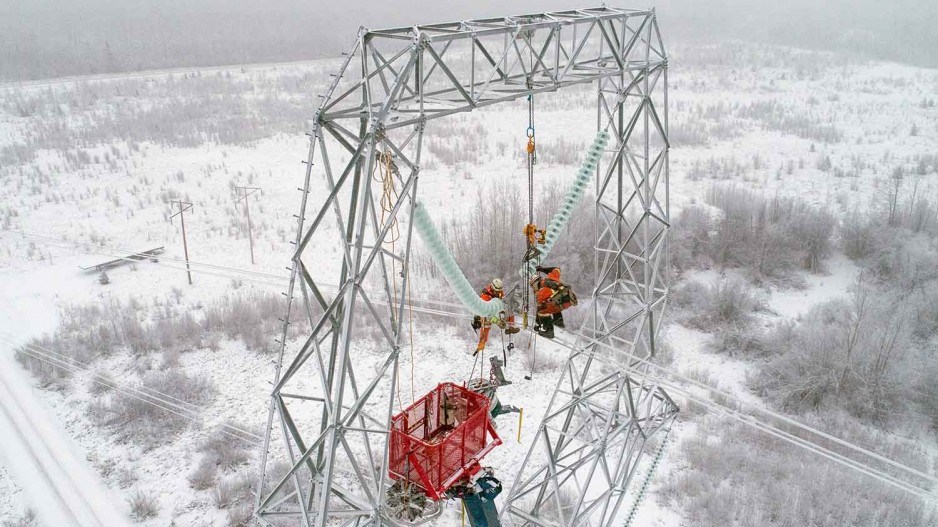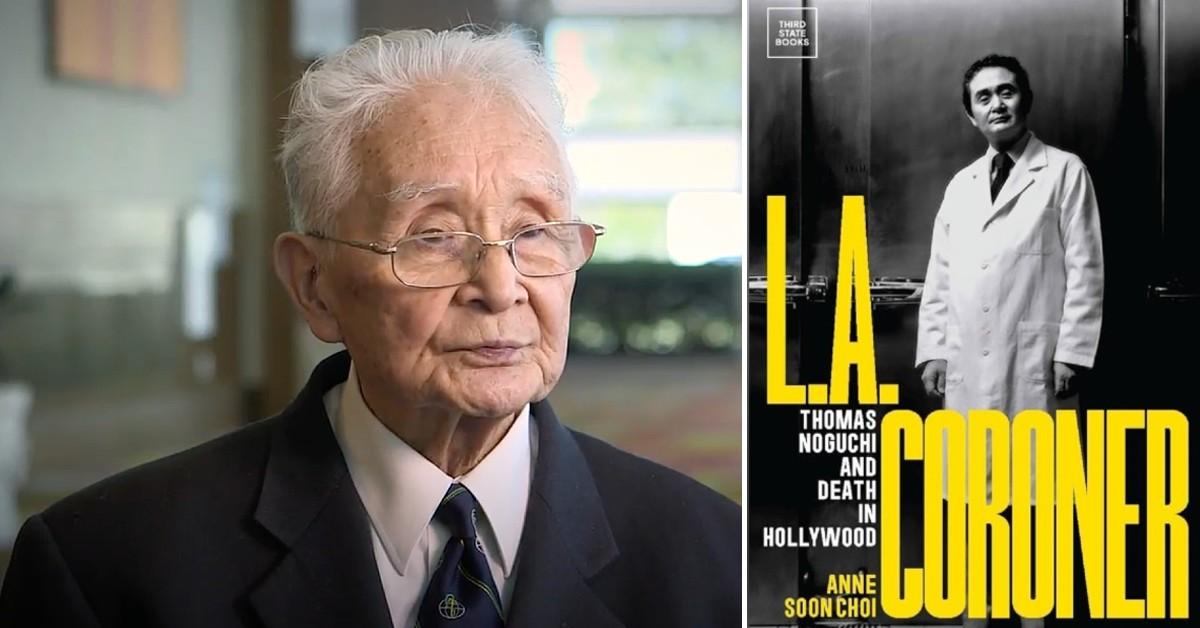The overreach of a ‘rogue Chief Justice’ is corrosive – Kwaku Azar

Renowned US-based Ghanaian lawyer and scholar, Professor Stephen Kwaku Asare, one of three persons who have filed a petition for the removal of Chief Justice Gertrude Torkornoo, has sounded a strong caution on the dangers of having the wrong person heading the judicial arm of government. In a write-up shared on social media on April 19, 2025, he said that the citizenry often pay attention to the ills of the heads of the legislative and executive arms of government while ignoring those of the judiciary. He pointed out that having the wrong person as Chief Justice is as detrimental as having the wrong person as the president or the Speaker of Parliament. “Judicial independence has both institutional and decisional dimensions: the former safeguards the judiciary’s autonomy from other branches of government, while the latter ensures that individual judges can decide cases free from interference—including from within the judiciary itself. “Much public discourse on judicial independence rightly focuses on the dangers of executive overreach—presidents who dismiss judges, appoint loyalists, or undermine the courts. These are real and present threats, rooted in our painful constitutional history,” he wrote. The academic added, “Yet an equally corrosive, and often overlooked, danger comes from within: the overreach of a rogue Chief Justice.” He went on to present a list of what he believes are some of the dangers of having a “rogue Chief Justice” as follows: 1. Subverting the Judicial Appointments Process: A CJ who bypasses the constitutional framework and engages in private negotiations with the President to elevate their preferred candidates to the Supreme Court violates the principle of separation of powers. Such conduct creates a dangerous quid pro quo that invites executive intrusion into judicial affairs. It also sends a chilling message to other judges: loyalty to the CJ, not merit, determines advancement. This demoralises the bench, undermines judicial esprit de corps, and sidelines experienced and competent judges, breeding resentment and disillusionment. 2. Manipulating Panel Composition: The power to constitute panels must be exercised transparently and impartially. A CJ who routinely assembles “go-to” panels comprising favoured appointees can effectively predetermine case outcomes. Worse still, reshuffling panels or interfering after a case has been heard constitutes an egregious abuse of discretion that directly threatens the fairness of judicial proceedings. 3. Issuing Unconstitutional Directives: The Constitution provides a clear framework for the enactment of judicial rules and procedures. A CJ who disregards this framework and issues directives unilaterally erodes the rule of law from within the very institution sworn to uphold it. 4. Punitive Transfers and Case Reassignments: The strategic transfer of judges or reassignment of cases as a form of retribution for perceived disloyalty is a subtle but powerful way to chill judicial independence. Judges must not fear professional consequences for rendering decisions grounded in law and conscience. 5. Suppressing Dissent and Debate: A judiciary thrives on open deliberation and diverse viewpoints. When a CJ cultivates a culture of fear, stifles criticism, or silences dissenting voices within the judiciary, the institution becomes less a temple of justice and more a court of orthodoxy. 6. Undermining Collegial Governance: A Chief Justice who centralises authority, sidelines judicial councils, or weakens peer review mechanisms corrodes the system of internal checks and balances designed to prevent abuses of judicial leadership. Read his full write-up in the post below: Watch Twi news on GhanaWeb TV below: Ever heard of a colonial fort with a children’s dungeon and a unique shrine for the slaves? Find out the details with Etsey Atisu as he toured Fort William at Anomabo below

















